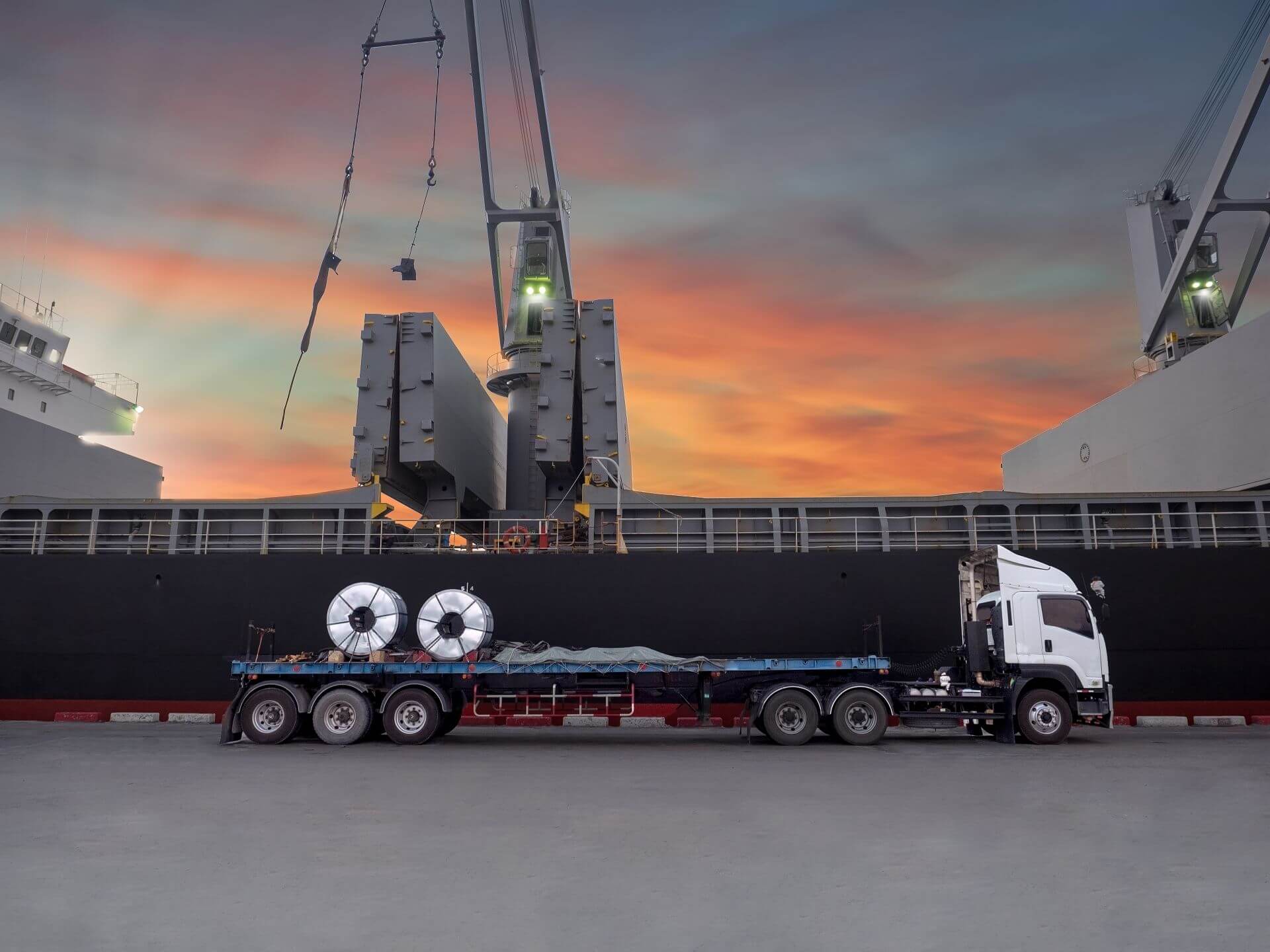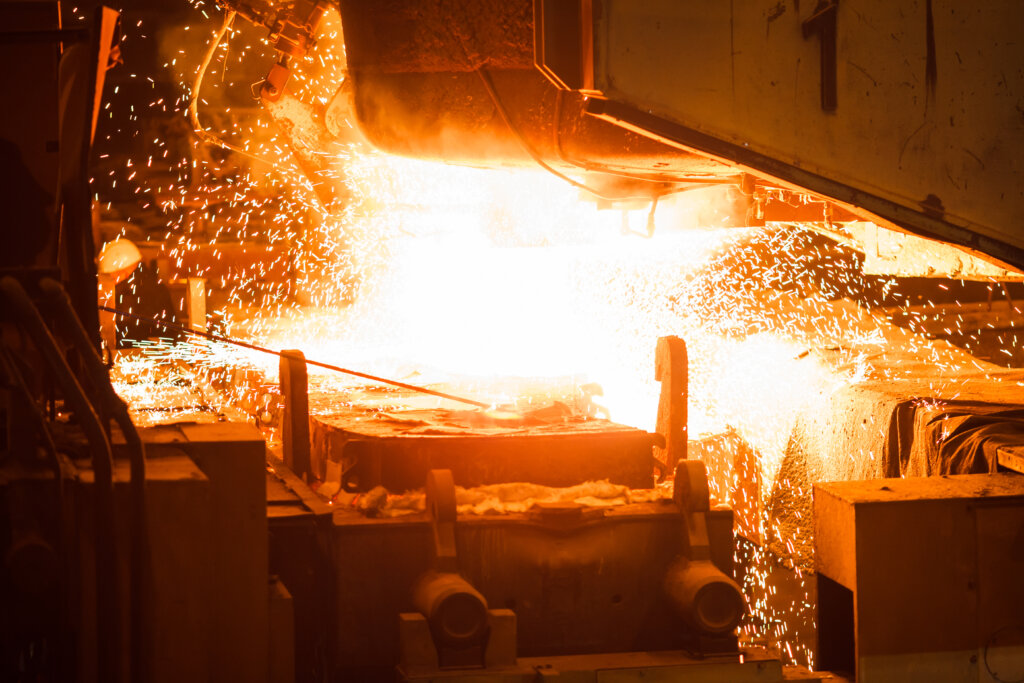Hurricane season is upon us again, adding an element of potential chaos to our daily operations. A few weeks ago, Hurricane Laura hit the Gulf Coast, causing large scale power outages in Louisiana, Texas and Arkansas. Most water service was knocked out in Lake Charles, Louisiana.
John Cardone | City AdministratorWe’ve got some plants that are open, but it’s not enough to serve the entire city.
Power outages, inoperable plants and physical damage to land and property are somewhat expected during natural disasters. However, even with weather monitoring technology, we never know what the full impact of these events will be.
It’s this uncertainty that keeps logistics and steel professionals up at night. A hurricane can greatly disrupt supply chains and transportation of needed materials. In its aftermath, its damage is assessed, and we have to figure out how to rebuild — how to get the right materials in the right amounts to the right places. Transportation often has to be rerouted and resources are reallocated based on needs and cost.
According to DAT Freight and Analytics, during Hurricane Laura, inbound load volumes shot up 26% weight for weight as emergency relief supplies were brought in. Conversely, outbound traffic lowered as carriers avoided the damaged area. This caused rates to grow by 7%, even as outbound load volumes decreased by 10% w/w.
So how can you prepare for something that no one can fully predict? With plants down, how can we make sure customers get their materials when they need it? There has to be a contingency plan.
That plan is Reibus. When supply chains experience disruptions, we can fill your needs in one independent marketplace by giving you access to inventory from hundreds of material suppliers. We also lighten your logistical load by coordinating the delivery of your material. No scrambling to make calls, source materials or worry about finding transportation. Lean on Reibus as your one-stop-shop to ensure you get what you need to keep your business moving and your customers happy.



